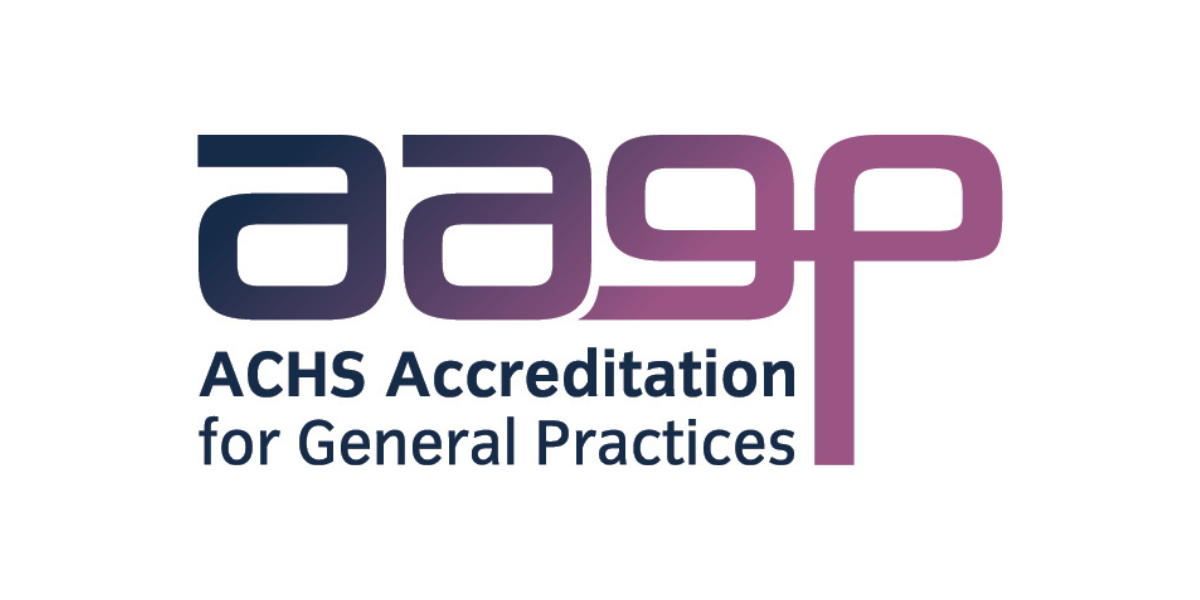The Role of Accreditation Agencies in Australian GP Practices
Accreditation agencies play a pivotal role in maintaining and enhancing the quality of healthcare services provided by General Practice (GP) Accreditation in Australia.
They ensure that General Practitioners adhere to the highest standards of patient care and safety, thereby fostering trust and confidence among patients and healthcare professionals alike.
Their role is not just regulatory but also trust-building. By enforcing high standards, they instil a sense of trust and confidence among patients and healthcare professionals. This trust is crucial as it forms the foundation of the patient-doctor relationship, which is a key determinant of healthcare outcomes.
This article aims to shed light on the significance and functions of these accreditation bodies within the framework of Australian GP practices. It provides an in-depth exploration of the concept of GP accreditation, underscoring its importance in maintaining the quality of healthcare services.
GP Accreditation: A Symbol of Excellence
GP accreditation is a voluntary process that clinics in Australia can undertake to demonstrate their commitment to delivering high-quality healthcare services.
The process involves a comprehensive evaluation of the practice against a set of nationally recognised standards, such as the Royal Australian College of General Practitioners (RACGP) Standards for General Practices.
Agencies, such as Australian Council on Healthcare Standards (ACHS) conduct these evaluations. They assess various aspects of the practice, including patient care, data management, privacy and confidentiality, and the physical environment. GP practices that meet these standards are awarded accreditation, signifying their dedication to quality and safety.
Patient care is assessed by looking at the range of services offered by the practice, the qualifications and training of the staff, and the systems in place for managing patient records and information. Data management is evaluated by examining the practice’s systems for storing and protecting patient information. Privacy and confidentiality are assessed by looking at the measures the practice has in place to protect patient information and respect patient privacy.
The physical environment of the practice is also a key consideration in the accreditation process. This includes the cleanliness and safety of the practice, the availability of necessary medical equipment, and the accessibility of the practice for patients with disabilities.
The Role of Accreditation Agencies
Accrediting agencies play a crucial role in the GP accreditation process. They provide clinics with the necessary tools and resources to understand and implement the standards and also conduct regular assignments to ensure ongoing compliance and quality improvement.
These agencies work closely with GP’s and clinics throughout the accrediting cycle, offering guidance and support to help them continually improve their services. They also provide training and education to practise staff to enhance their skills and knowledge.
Accreditation agencies maintain a close working relationship with General Practices throughout the accreditation cycle. They offer guidance and support at every step of the process, helping clinics navigate the complexities of undertaking GP accreditation. This involves providing timely advice on how to address not met issues, assisting with the preparation for assessments, and offering feedback on assessment results.
The Impact of Obtaining Accreditation
Accreditation has a significant role in shaping the quality of healthcare services provided by General Practice clinics. It acts as a catalyst for continuous improvement, pushing GP practices to constantly strive for excellence. This drive for improvement is not limited to clinical care alone but extends to all aspects of the practice, including patient communication, data management, and privacy protocols.
Undertaking GP accreditaiton encourages adherence to best practices, ensuring that GP and medical clinics are not just meeting the minimum requirements but are aiming to deliver the highest standard of care.
This involves staying updated with the latest medical research, implementing innovative care strategies, and fostering a patient-centred approach.
In addition to these benefits, assessment results serve as a valuable tool for General Practitioners to identify areas for improvement. The process involves a thorough evaluation of the practice, highlighting both its strengths and areas where it could do better. This feedback is invaluable, providing a clear roadmap for improvement.
Furthermore, accreditation fosters a culture of safety and quality within clinics. It ensures that patient safety is prioritised at all times and that quality care is more than just a goal – it is the norm.
Speak to an Accreditation Provider
Being an accredited clinic is much more than just a seal of approval for GP clinics. It is a multifaceted process that drives improvement, promotes best practice, fosters a culture of safety and quality, and provides assurance to various stakeholders.
More importantly, accreditation agencies play an indispensable role in Australian GP practices. They ensure that General Practice clinics meet the highest standards of patient care and safety through accreditation and adherence to the RACGP Standards for General Practices 5th Edition.
By driving continuous improvement and promoting a culture of safety and quality, these agencies contribute significantly to the delivery of high-quality healthcare services in Australia.
As the healthcare landscape continues to evolve, the role of agencies will remain crucial in ensuring that Australian General Practitioners continue to deliver safe, effective, and patient-centred care.




Post Comment